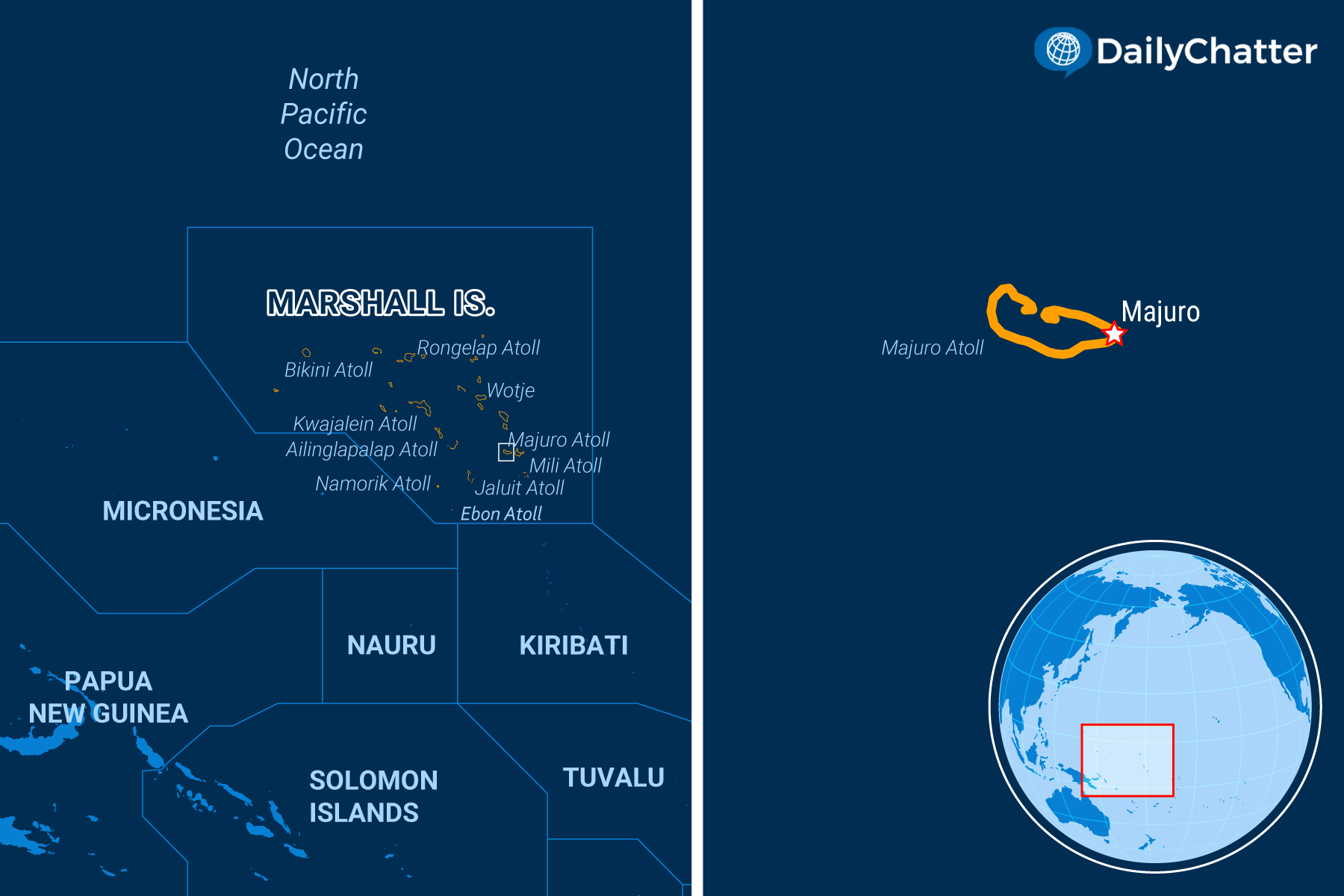NEED TO KNOW
Echoes of a Boom
MARSHALL ISLANDS

March 1 is Nuclear Free and Independent Pacific Day in the South Pacific. In the Marshall Islands, however, it is Nuclear Survivors’ Day.
It is a day of anger, a day of grief.
On this day, islanders recall the 67 nuclear tests conducted on the archipelago nation, including Castle Bravo, the code name for the first thermonuclear hydrogen bomb test held in the Marshall Islands on March 1, 1954, at the Bikini Atoll, one of 29 ring-shaped islets in the country.
Code Bravo’s explosion registered 15 megatons, or 15 million tons of TNT – around 1,000 times more powerful than the atom bombs dropped on Japan in World War II, noted the Washington Post. It vaporized at least two islands and forced the permanent displacement of communities contaminated by radioactivity. The blast was twice as large as researchers expected. It was the biggest nuclear test in American history.
“Hundreds of people living on Ailuk and Likiep were never evacuated, even though US ships were close enough to help,” wrote the Diplomat, referring to inhabited atolls where the winds had blown winds from the Castle Bravo blast. “Then the US government lied about the danger. Radioactive material had fallen on a nearby Japanese fishing vessel, and when the crew returned home with acute radiation sickness, the world learned of Bravo and the ‘ashes of death’ it had unleashed.”
In another nearby atoll, Rongelap, residents suffered burns, lesions, and hair loss. Women suffered miscarriages and stillbirths, and gave birth to disabled children. A third of the atoll’s people developed thyroid problems and other cancers: Thyroid tumors afflicted 90 percent of the children.
The Marshall Islands has a long colonial history involving Spain, Germany, Japan and the US, Radio New Zealand explained. Today, the Marshall Islands is an independent republic that has signed a so-called compact of free association that gives the US military wide latitude within its border. Because of the bitter legacy over American nuclear tests on the islands, however, China has been able to exploit divisions that have undermined the Marshall Islands’ relationship with leaders in Washington, DC, explained the United States Institute of Peace.
In recent years, China has leveraged this history to increase its influence in the country, wrote the Associated Press. Chinese officials and enterprises have funneled investment into the South Pacific. In 2022, China inked a security deal with the Solomon Islands, expanding China’s naval footprint in the region.
Trying perhaps to make amends for their country’s past actions as well as counterbalance China’s plans, American officials recently approved $7.1 billion in aid to the Marshall Islands as well as Micronesia and Palau, added the South China Morning Post.
Still, protesters marking the commemoration say they haven’t received justice for the generations impacted by the tests, reported Global Voices, echoing others on the islands.
“While we have come a long way in mending past grievances,” said Henry Puna, secretary general of the Pacific Islands Forum, “regrettably, the terms of resolving nuclear legacy issues in the Marshall Islands have been inadequate, and therefore remain unfinished.”
To read the full edition and support independent journalism, join our community of informed readers and subscribe today!
